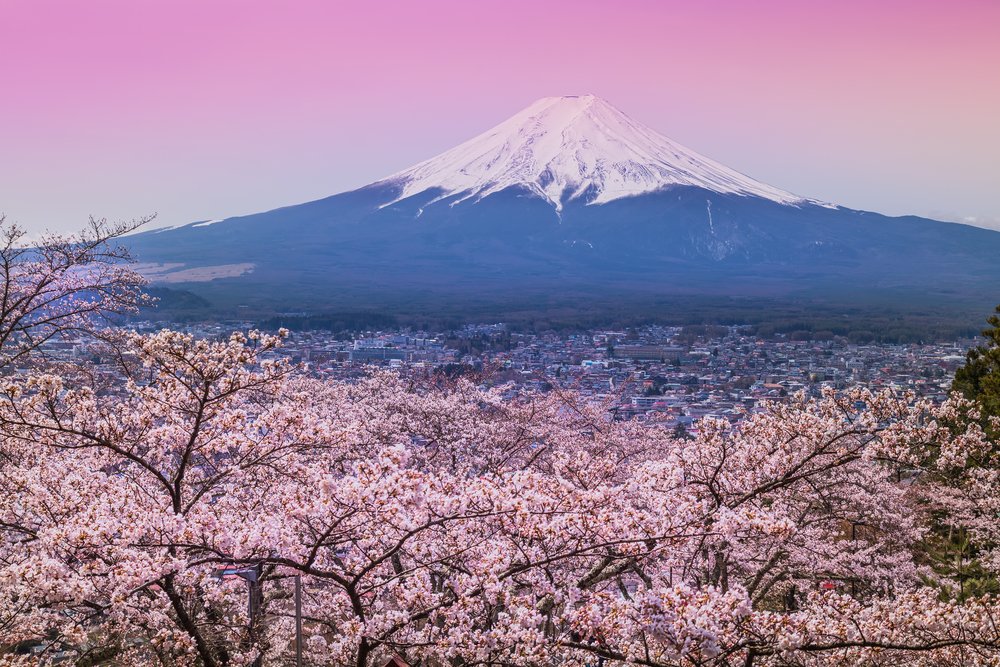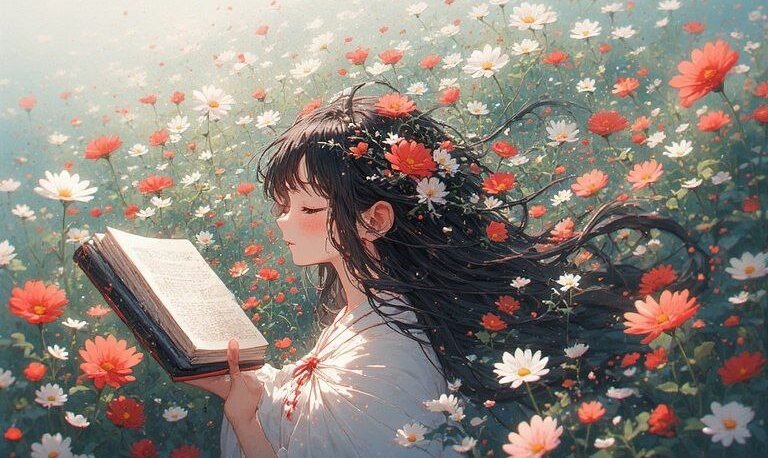Date & Time: 27 September, Saturday 2025. 10AM – 4PM
Venue: Wakambi Co-Learning Space, ZITF, Bulawayo
Welcome to the Ubuntu Tuskegee Poetry & Haiku Weekend, a vibrant celebration of poetic expression and Japanese cultural art held at the Ubuntu Tuskegee premises within the Zimbabwe International Trade Fair grounds in Bulawayo. This thoughtfully curated event invites poetry enthusiasts and cultural explorers alike to immerse themselves in an inspiring day of creativity, reflection, and community!
- Anime Screening
- Oriental Flavor
- Poetry & Haiku
Fun and Insightful
The program begins with a relaxing and entertaining two-hour Anime screening, setting a culturally rich atmosphere that bridges traditional and contemporary Japanese arts.
Join us in celebrating the spirit of poetry, the subtlety of haiku, and the shared joy of artistic expression!
Japanese Cuisi
Following the anime screening, guests will enjoy a light lunch featuring Japanese snacks and meals, designed to offer an authentic taste experience while encouraging informal social connections! Expect authentic Onigiri (rice balls), Tempura, and flavorful Oriental Tea.
Poetry Performance
The afternoon transitions into an intimate acoustic poetry and haiku performance session where participants will share their own original works. The event will also feature presentations on the art of haiku—a concise and profound form of Japanese poetry—with opportunities for audience interaction and Q&A.
Through this engaging blend of visual art, culinary delight, and poetic performance, the Ubuntu Tuskegee Poetry & Haiku Weekend offers a unique platform to experience the power of words and the beauty of cultural exchange in an inclusive and welcoming setting.
Ticket: USD10 (Anime show, Japanese snacks and a soft drink, haiku & poetry show included)

Haiku Explained
The 5-7-5 syllable pattern of haiku originates from the “hokku,” which was the opening three lines of a longer traditional Japanese poem called “tanka.” The tanka consists of five lines with a 5-7-5-7-7 syllable structure and has been a fundamental aspect of Japanese poetry for centuries. Over time, the hokku evolved to become an independent form known as haiku, where the 5-7-5 syllable pattern became the defining structure. This pattern is based on Japanese phonetic units called “on” or “morae,” which differ from English syllables. While the 5-7-5 form is a hallmark of classical haiku, modern interpretations in English sometimes vary from this strict syllable count to focus more on capturing the essence and brevity characteristic of haiku poetry .

